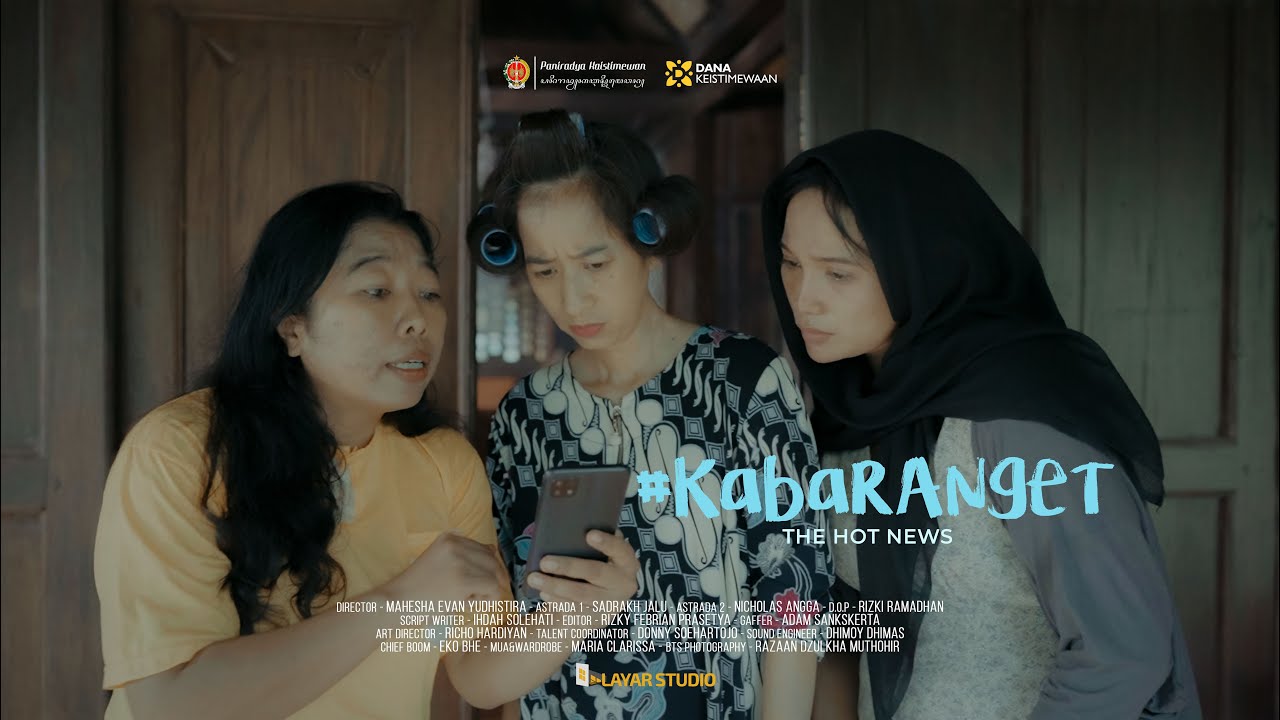حادثة اذا سمعتها لاتترك زيارة الحسين عليه السلام كل يوم
Summary
TLDRThe transcript revolves around the importance of visiting Imam Hussein daily, even from afar. The speaker emphasizes that a visit to Imam Hussein is not restricted to Karbala but can be felt through devotion, even in moments of exhaustion. A powerful story is shared about a man who, despite being busy, was visited by Imam Hussein in a vision, which made him reflect on his delayed visit. The message urges listeners to make time for daily visits to Imam Hussein, connecting deeply with spiritual practices and honoring the tradition of Ashura.
Takeaways
- 😀 The visit to Imam Hussein is a significant daily ritual, whether it's done from a distance or in person at the shrine in Karbala.
- 😀 A heartfelt story is shared about a daughter from Isfahan, whose father was building her house, but delayed visiting Imam Hussein for three days due to his work.
- 😀 The importance of remembering Imam Hussein even when busy, and maintaining a spiritual connection with him through daily visits.
- 😀 The concept of vision as a form of spiritual guidance is highlighted, referencing the Quran and religious texts, suggesting that such visions are not far-fetched.
- 😀 The story emphasizes that Imam Hussein’s presence transcends physical distance, and his spiritual connection with followers can be experienced even in visions.
- 😀 The daughter sees Imam Hussein in a vision and asks him about her father, receiving a response about his delay in coming to visit.
- 😀 Imam Hussein’s reply is touching: rather than chastising for missing the visit, he acknowledges that her father hadn’t visited for three days, invoking a deeper reflection on the importance of regular visits.
- 😀 The narrator encourages everyone, especially fathers and youth, to dedicate specific time daily for a spiritual visit to Imam Hussein, as a form of remembrance and devotion.
- 😀 The narrator stresses that visits to Imam Hussein should not be limited to Ashura but can be done on any day, making it a part of daily devotion.
- 😀 The emphasis is on personal connection with Imam Hussein, suggesting a consistent and personal visit schedule, even if it’s done spiritually from afar, at any time of the day.
Q & A
What is the central theme of the script?
-The central theme of the script is the importance of visiting Imam Hussein, whether it is in person at his shrine in Karbala or through spiritual connection from a distance. The speaker emphasizes making this visit a regular part of one's life.
What significance does the speaker place on visiting Imam Hussein?
-The speaker stresses that the visit to Imam Hussein is not confined to physical proximity or the shrine in Karbala. It’s a spiritual connection, and visiting him, even from afar, is an important daily practice for strengthening one's faith.
What personal experience does the speaker share about feeling unable to visit Imam Hussein?
-The speaker shares a personal experience of feeling too tired and busy to make the physical visit to Imam Hussein. However, despite the exhaustion, the speaker reflects on the importance of maintaining this connection and finds inspiration from a story of someone who faced similar struggles.
What story is shared to emphasize the importance of visiting Imam Hussein?
-The speaker shares a story about a girl in Isfahan who had a vision of Imam Hussein. The vision was about her father, who had been too busy to visit the shrine of Imam Hussein for three days, which led to a spiritual conversation with the Imam in her dream.
How does the story of the girl in Isfahan relate to the concept of visiting Imam Hussein?
-The story illustrates the idea that the visit to Imam Hussein is not just a physical act but also a spiritual connection. Despite being physically far away, the girl's dream and her father's sense of guilt for missing the visit convey the deep emotional and spiritual bond people have with Imam Hussein.
Why does the speaker refer to the importance of visions in the script?
-The speaker refers to visions to show that spiritual experiences and connections with figures like Imam Hussein are real and valid. They cite Quranic references and scholarly works to support the idea that visions, especially of holy figures, are significant.
What book does the speaker mention to support the idea of spiritual visions?
-The speaker mentions a book titled *Dar Al-Salam*, written by Al-Nuri, which focuses on the interpretation of visions and dreams, especially those related to holy figures and scholars.
What message does the Imam’s response convey to the girl in her vision?
-In the vision, Imam Hussein acknowledges that the father had been too busy to visit him physically for three days. Instead of criticizing the father, Imam Hussein simply says, 'He did not come to me.' This implies that the Imam understands the challenges people face and still values their spiritual connection.
How does the speaker encourage others to incorporate the visit into their daily lives?
-The speaker encourages everyone to make the visit a regular part of their daily routine. They suggest setting aside time, such as after prayers, to mentally or spiritually visit Imam Hussein, reinforcing the idea that the visit is not limited to Ashura or physical proximity.
What is the significance of visiting Imam Hussein outside of the Ashura period?
-The speaker emphasizes that visiting Imam Hussein is not confined to the Ashura period. They quote a scholar, Sayyid al-Khaw, who states that visits should happen regularly, every day, not just on specific occasions. This encourages people to maintain a continuous spiritual connection with Imam Hussein.
Outlines

This section is available to paid users only. Please upgrade to access this part.
Upgrade NowMindmap

This section is available to paid users only. Please upgrade to access this part.
Upgrade NowKeywords

This section is available to paid users only. Please upgrade to access this part.
Upgrade NowHighlights

This section is available to paid users only. Please upgrade to access this part.
Upgrade NowTranscripts

This section is available to paid users only. Please upgrade to access this part.
Upgrade NowBrowse More Related Video
5.0 / 5 (0 votes)





